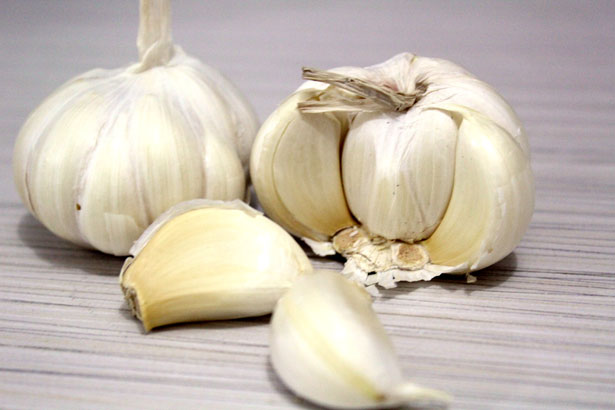Depending on the kind, signs and symptoms of avian flu may appear two to seven days after infection. In most situations, they are similar to traditional influenza, such as:
Some patients experience nausea, vomiting, or diarrhea as well. In other situations, the sole sign of the condition is a slight eye infection (conjunctivitis).
WHAT ARE THE CAUSES OF BIRD FLU?
Bird flu occurs naturally in wild waterfowl and has the potential to spread to domestic poultry such as chickens, turkeys, ducks, and geese. Contact with an infected bird’s excrement or secretions from its nose, mouth, or eyes transmits the illness.
Open-air markets, where eggs and birds are sold in crowded and unclean settings, are breeding grounds for disease and can spread it across the community.
Bird flu can be transmitted through undercooked poultry meat or eggs from infected birds. Poultry meat that has been cooked to an internal temperature of 165 F is safe to eat (74 C). Cook the eggs until the yolks and whites are firm.
WHAT ARE THE RISK FACTORS FOR BIRD FLU?
Contact with ill birds or surfaces contaminated by their feathers, saliva, or droppings appears to be the main risk factor for bird flu. The pattern of human transmission is yet unknown. Bird flu has only been passed from one human to another in a few cases. However, until the virus spreads more easily among humans, sick birds pose the biggest risk.
WHAT ARE THE COMPLICATIONS OF BIRD FLU?
People infected with bird flu may suffer life-threatening complications such as:
- Pink eye (conjunctivitis)
Although bird flu may kill more than half of those infected, the number of fatalities remains low since so few individuals have been infected. Since 1997, the World Health Organization has received reports of less than 500 avian flu fatalities.
In contrast, the Centers for Disease Control and Prevention estimates that seasonal influenza kills thousands of people in the United States alone each year.
HOW IS BIRD FLU DIAGNOSED?
Laboratory tests
Fluid samples from your nose or throat can be examined for the presence of the avian flu virus. These samples must be collected within the first few days of the onset of symptoms.
Imaging tests
X-rays can assist identify the right diagnosis and the best treatment choices for your signs and symptoms by analyzing the state of your lungs.
WHAT ARE THE TREATMENTS FOR BIRD FLU?
Many influenza viruses have developed resistance to the effects of antiviral medications such as amantadine and rimantadine (Flumadine). Health experts advise using oseltamivir (Tamiflu) or, if that is not possible, zanamivir (Relenza). These medications must be administered within two days of the onset of symptoms.
HOW CAN BIRD FLU BE PREVENTED?
Bird flu vaccine
The FDA has authorized one vaccine to prevent infection with one strain of the H5N1 avian flu virus. This vaccine is not yet accessible to the general population, but the US government is storing it and will distribute it if an outbreak occurs.
This vaccine might be administered early in an outbreak to give limited protection until another vaccine is developed and manufactured to protect against the particular type of the virus causing the outbreak. Other forms of avian flu vaccinations are also being developed by researchers.
Travelers’ Recommendations
Consider the following public health guidelines if you are traveling to Southeast Asia or any other place where there is a bird flu outbreak:
- Domesticated birds should be avoided: Avoid rural locations, tiny farms, and open-air marketplaces if at all feasible.
- Wash your hands: This is one of the easiest and most effective methods of preventing infections of all types. When traveling, use an alcohol-based hand sanitizer that has at least 60% alcohol.
- Inquire about getting a flu vaccination: Before leaving, see your doctor about getting a flu vaccination. It will not protect you particularly against bird flu, but it may help minimize the risk of infection with both bird and human flu viruses.
Products derived from poultry and eggs
Cooked poultry poses no health risk since heat kills avian viruses. Even so, it’s advisable to exercise caution while handling and cooking chicken that might be infected with salmonella or other dangerous pathogens.
- Avoid cross-contamination: Wash cutting boards, utensils, and any other surfaces that have come into touch with raw poultry with hot, soapy water.
- Cook thoroughly: Cook the chicken until the juices flow clear and the internal temperature reaches 165 F. (74 C).
- Raw eggs should be avoided: Avoid meals containing raw or undercooked eggs since eggshells are frequently contaminated with bird droppings.








